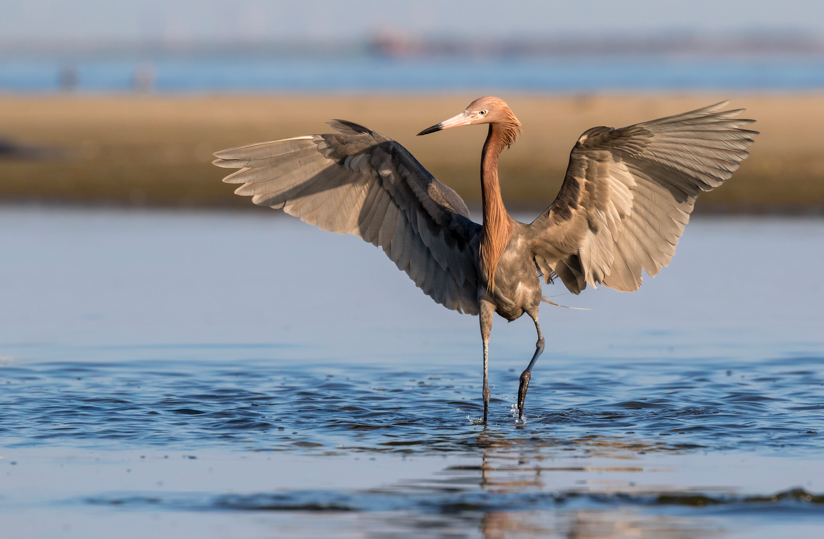The Texas Alliance for America’s Fish and Wildlife applauds the House Committee on Natural Resources for a bipartisan vote last week on the Recovering America’s Wildlife Act. The bill passed out of committee following a 26-6 vote and will now move to the House Floor. H.R.3742 would be one of the most significant pieces of wildlife funding legislation passed in over 80 years — it would help reverse the decline in our nation’s fish and wildlife and protect our natural heritage for future generations.
Nationwide, natural resource biologists have identified more than 12,000 Species of Greatest Conservation Need, including over 1,300 here in Texas, that are under increasing threats such as habitat loss, invasive species, and disease. The majority of these are at-risk fish and wildlife like the Texas horned lizard (affectionately known as a “horny toad”), Pronghorn, Guadalupe bass, numerous shore birds and grassland birds, and the American bumblebee. The Recovering America’s Wildlife Act is a common-sense solution to this critical, growing problem.
The bill will dedicate $1.3 billion annually to state fish and wildlife agencies to implement their science-based wildlife action plans and an additional $97.5 million for tribal lands conservation. The funds would come from existing revenues, without any new taxes. It is estimated that Texas would receive over $50 million per year. This dedicated funding would be aimed at stabilizing at-risk fish and wildlife populations using a voluntary, non-regulatory approach.
Janice Bezanson of Texas Conservation Alliance says the Recovering America’s Wildlife Act “would bring much-needed funding to Texas for projects designed to keep species off the endangered species list – projects such as habitat restoration and wildlife reintroductions. It’s more cost-effective to protect declining species sooner, rather than later.”
Particularly interesting for a private lands state like Texas, the funding could expand cost-sharing programs for private landowners to conduct voluntary wildlife and habitat stewardship activities on their property. It will also be used to fund educational programs and introduce more Texans to outdoor recreation opportunities.
Read more from the Texas Alliance for America’s Fish and Wildlife here.

